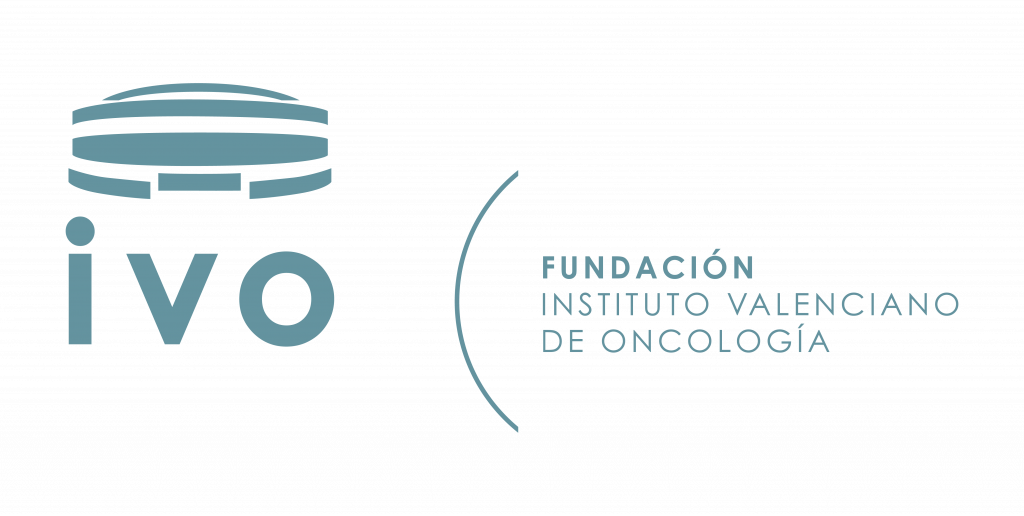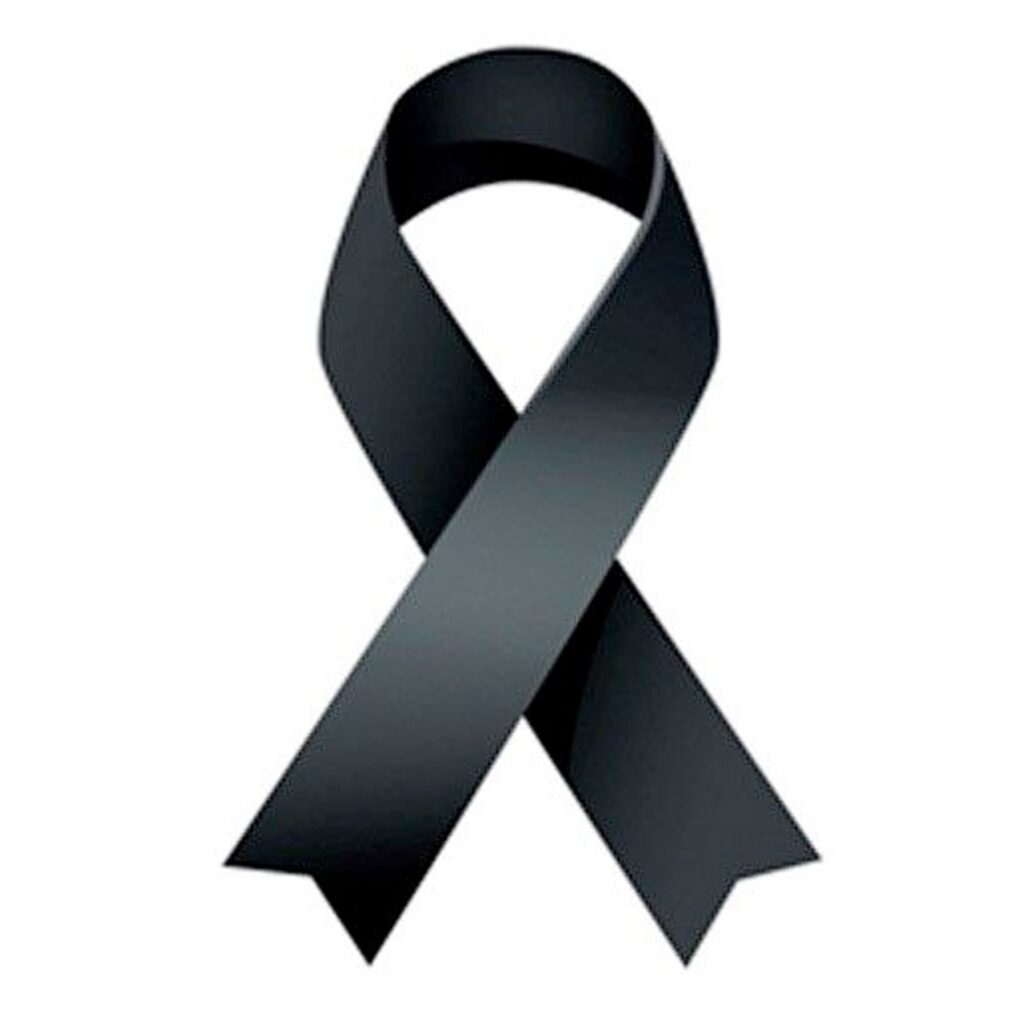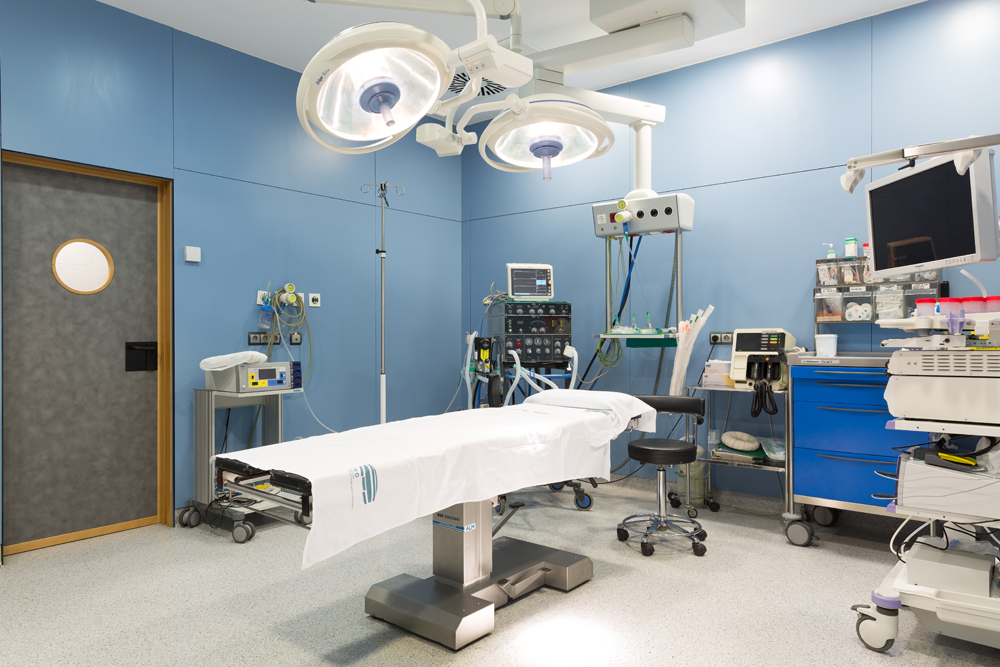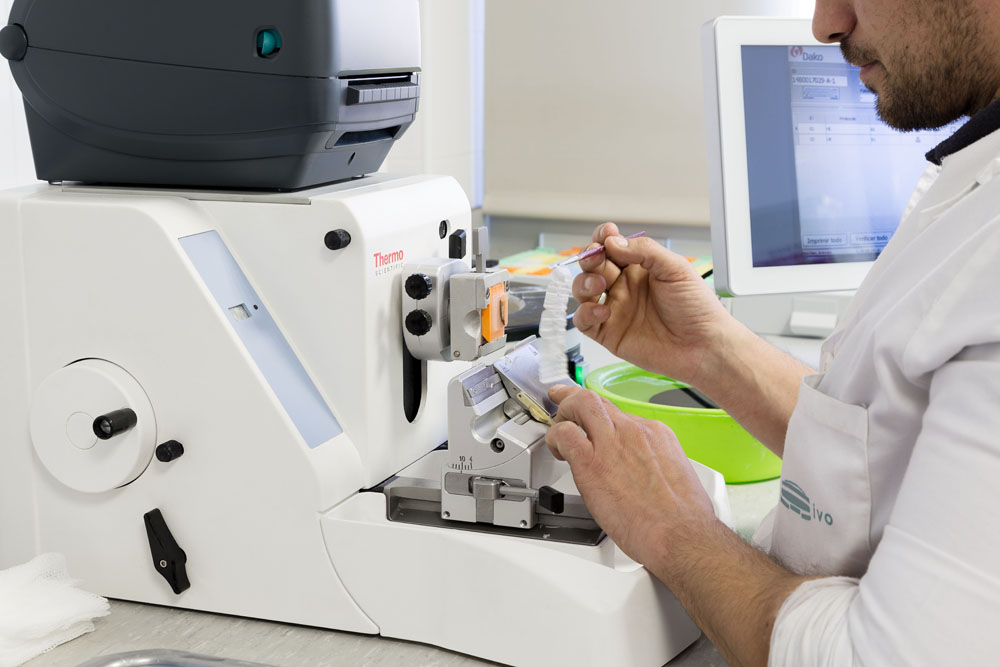They present in a variety of ways, and can be difficult to diagnose in the early stages. They are usually diagnosed following the observation of excrescent lesions on the penis, usually on the glans and foreskin.
The correct diagnosis and treatment of the possible involvement of the lymph nodes draining the cancer at the inguinal level is of crucial importance.
The urology service of the IVO uses the sentinel node technique for diagnosing the affected nodes with minimal surgical aggression, as well as the innovative technique of videoendoscopic inguinal surgery, which reduces the complications and aftereffects related to conventional inguinal surgery.






